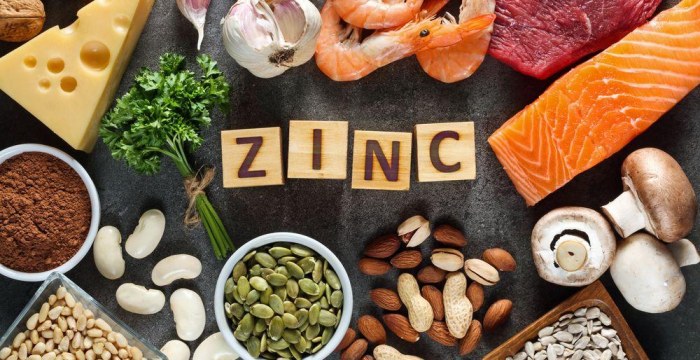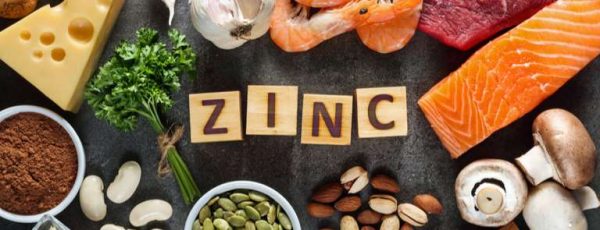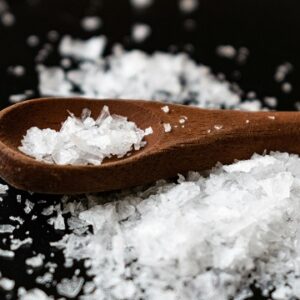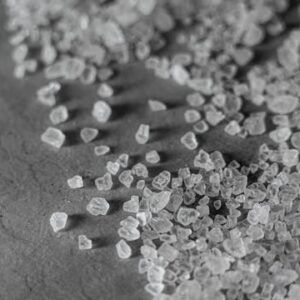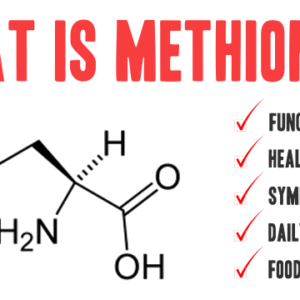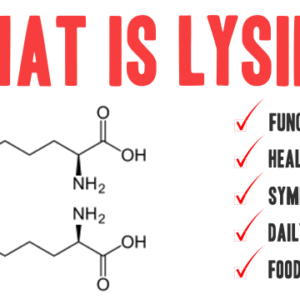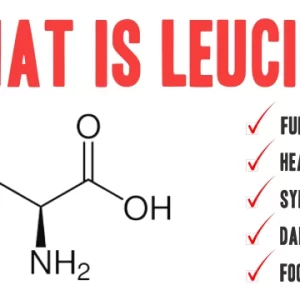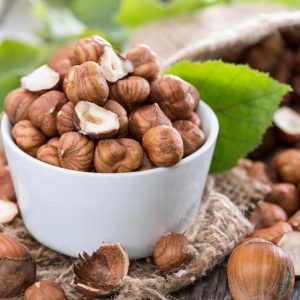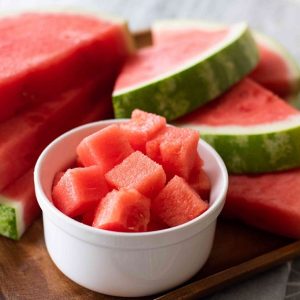What is zinc?
Zinc is a very beneficial mineral for human health. It affects more than 300 enzymes that govern metabolism, digestion, and the nervous system. It is one of the minerals that support development during childhood, adolescence and pregnancy. It also strengthens the immune system. It is necessary for skin health, DNA synthesis and protein production. Zinc deficiency causes short stature, problems with sense of taste and smell. Since the human body cannot store zinc, the required amount must be taken regularly. Adults need an average of 8 to 11 mg per day to maintain zinc levels. It is mostly found in red meat, seafood, nuts, spinach, okra, mushrooms and lentils.
Benefits of zinc
Zinc is a very useful element and it is recommended to be taken regularly for health. It is protective against colds. For this reason, it is used in many vitamins and lozenges. Getting enough zinc in the winter protects against colds very well. In addition, it has been proven that the severity and duration of the disease decreases if those who have flu, colds and colds take zinc supplements in the first days of their illness.
chronic fatigue
Feeling constantly tired and sluggish is often associated with working conditions and sleep disorders. However, the body’s feeling of tiredness can sometimes be due to insufficient intake of necessary nutrients. The most important of these minerals is zinc, and when its values in the body decrease, it can cause chronic fatigue. It is very important to take the necessary daily amount of zinc, which gives energy and vitality to the body.
Strengthens the immune system
Zinc deficiency can affect the immune system very negatively. This situation prevents the immune system from protecting the body from foreign and harmful factors and causes the person to get sick more easily. It is essential for this system to work regularly in order to protect the body against diseases and microbes. Mild to moderate deficiency has a negative effect on macrophage and neutrophil processes.
Macrophage and neutrophil protect the body as systems that work to maintain immunity. It is recommended to consume foods containing zinc regularly to prevent diseases, and to consume it as a supplement if it cannot be taken naturally.
Accelerates wound healing
It plays an active role in the protection of skin and mucous membranes. People with chronic diseases have low zinc levels. In these people, wounds due to diseases develop faster due to zinc deficiency. It is recommended as a supplement to support wound treatment, as it accelerates wound healing.
Provides protection from diarrhea
Zinc deficiency can cause an increase in infections that cause diarrhea problems in children. The decrease in the functions of the immune system with the deficiency of zinc causes diarrhea, especially in children.
Studies have shown that diarrhea due to this deficiency is quite common in Southeast Asia, India, Africa and South America and causes child mortality. Therefore, zinc supplementation is important against the risk of diarrhea. In addition, doctors can give supplements to children who have frequent diarrhea when they deem necessary.
Effect of zinc on skin health
Zinc is known to be an important mineral that protects skin health with its effects on tissue regeneration and wound healing. Acne, acne, allergies and wounds on the skin are reduced and disappear with this element. A healthy diet is of great importance to prevent skin problems. Red meat, seafood and vegetables added to the diet also support the skin’s self-protection and regeneration.
What foods contain zinc?
vegetables containing zinc
It is necessary to consume plenty of vegetables to balance the amount of zinc that should be taken daily. Spinach, mushrooms, okra, peas, green lentils and asparagus are vegetables that contain plenty of zinc. For example, a serving of green lentils contains 4.78 mg, a bowl of spinach 1.5 mg, and a serving of mushrooms 1.3 mg of zinc.
Animal foods containing zinc
Another food group with rich zinc content is animal foods. Red meat varieties and seafood contain high levels of zinc. This creates an ideal type of nutrition to meet the daily needs of the body. Beef and mussels are the meat products with the highest zinc content.
For example, 80 grams of red meat meets most of the daily zinc requirement. Seafood and chicken meat are also ideal foods to meet daily needs. Eggs are also a food source with high zinc value among animal foods.
Nuts
Nuts such as almonds, peanuts, sunflower seeds, pistachios and cashews have rich zinc content. Consuming a handful of nuts at snacks is important for both weight control and health. A handful of nuts meet the daily zinc requirement.
Dairy products
Dairy products containing less zinc than other food sources support daily needs. A slice of feta cheese consumed in the morning and a bowl of yogurt at dinner support zinc intake. Dairy products are essential sources of zinc for people who do not consume meat.
How much zinc should be consumed?
Vitamin and mineral values in foods play a great role for body health. Each of them has an amount that needs to be taken into the body on a daily basis; its rate varies according to the function of the vitamin and mineral in the body.
Zinc is one of the minerals that should be taken daily. However, this amount varies according to each age group and gender.
- Daily zinc intake
- 2 mg in infants 0-6 months
- 3 mg in infants 7-12 months old
- 3 mg for children 1-3 years old
- 5 mg for children 4-8 years old
- 8mg for children 9-13 years old
- 9 mg for women aged 14-18, 11 mg for men
- 8 mg for women over 19, 11 mg for men
- It is 12 mg during pregnancy.
Zinc deficiency
Zinc deficiency causes hair loss. Hair loss in men and women can be seen commonly in adolescence and adulthood. Studies have shown that the first cause of hair loss is unhealthy diet and mineral deficiency. Zinc is a very important mineral that strengthens hair follicles. Zinc-containing foods that are consumed regularly every day reduce and prevent unexpected hair loss.
Risks of zinc deficiency
Zinc deficiency occurs according to diet and life habits. Some individuals may experience zinc deficiency depending on their habits and situations.
The main causes of zinc deficiency are:
- Most people who drink alcohol experience zinc deficiency. The reason is that alcohol adversely affects the process of processing zinc in the body.
- Since vegetarians stay away from red meat and seafood, the body cannot get the necessary zinc. Therefore, vegetables with zinc content should be consumed in abundance.
- Iron supplementation; High iron suppresses zinc absorption. People who take iron taxis have a deficiency because they do not absorb enough zinc.
- sickle cell disease; Sickle cell disease, an inherited blood disease, is one of the conditions that cause zinc deficiency.
- Gastrointestinal diseases; Diseases such as reflux, gastritis, stomach ulcers and bleeding, diarrhea, indigestion cause zinc deficiency.
Symptoms of zinc deficiency
- Slow healing of wounds on the body
- hair loss
- chronic fatigue
- constant diarrhea problem
- White dots on nails
- Slow growth and development
- Age-related vision loss (Macular Degeneration)
- weak immune system
- Disruption of the senses of taste and smell
- anemia disease
- Acne and pimple formation
- skin dryness
What makes up for zinc deficiency?
In order to prevent zinc deficiency, first of all, it is necessary to eat healthy. It is essential to consume foods containing zinc on a daily basis.
Red meat and seafood, vegetables, dairy products and some legumes are important with their zinc value. These should be consumed on a daily basis.
Conditions that cause zinc deficiency should be eliminated. The main ones are alcohol use, irregular diet and excessive iron intake.
It is important for vegetarians to give importance to vegetables and take additional supplements if necessary to meet their zinc needs.
The harms of zinc
As with all vitamins and minerals, zinc should be taken in sufficient quantities. Excessive zinc intake can bring unexpected situations. This is known as zinc poisoning. Taking more than 200 mg of zinc in a day causes nausea, abdominal pain and vomiting problems. Zinc, which is taken regularly at high levels every day, leads to impaired copper absorption, iron deficiency and impaired immunity. In order to protect and ensure body health in the best way, the amount of zinc determined by doctors should be taken daily. Taking too little or too much causes health hazards.

